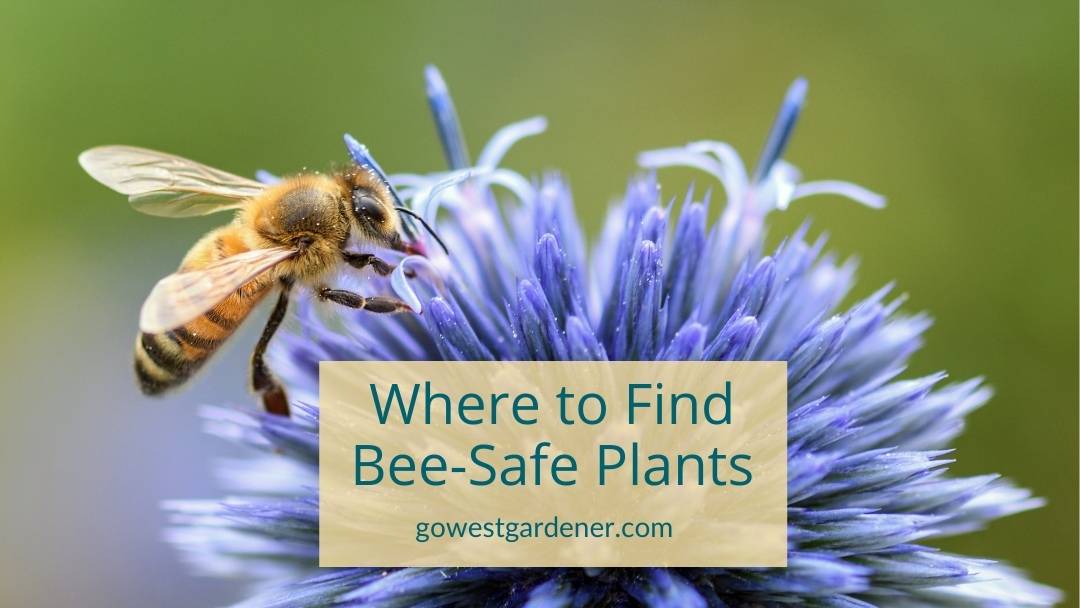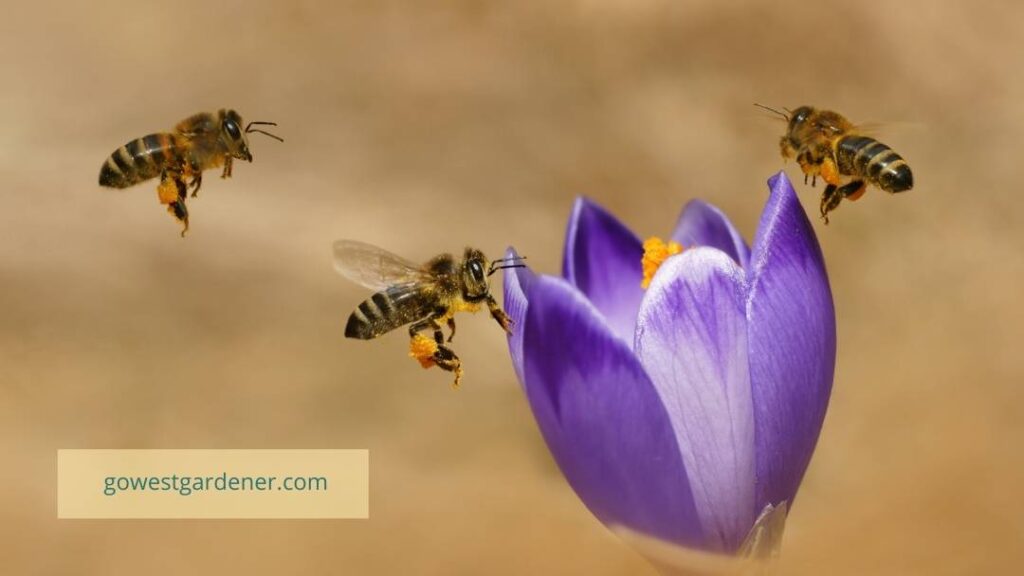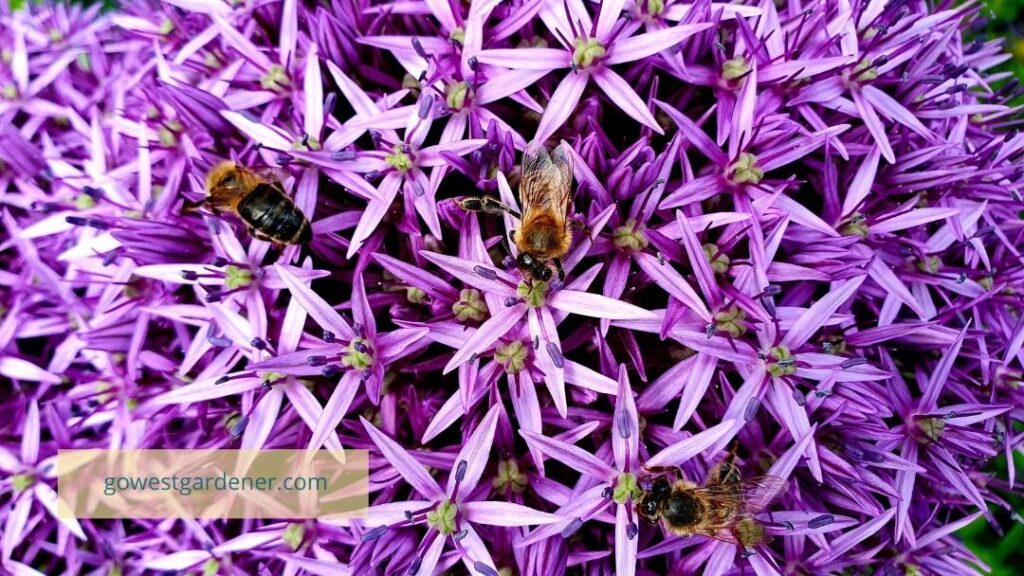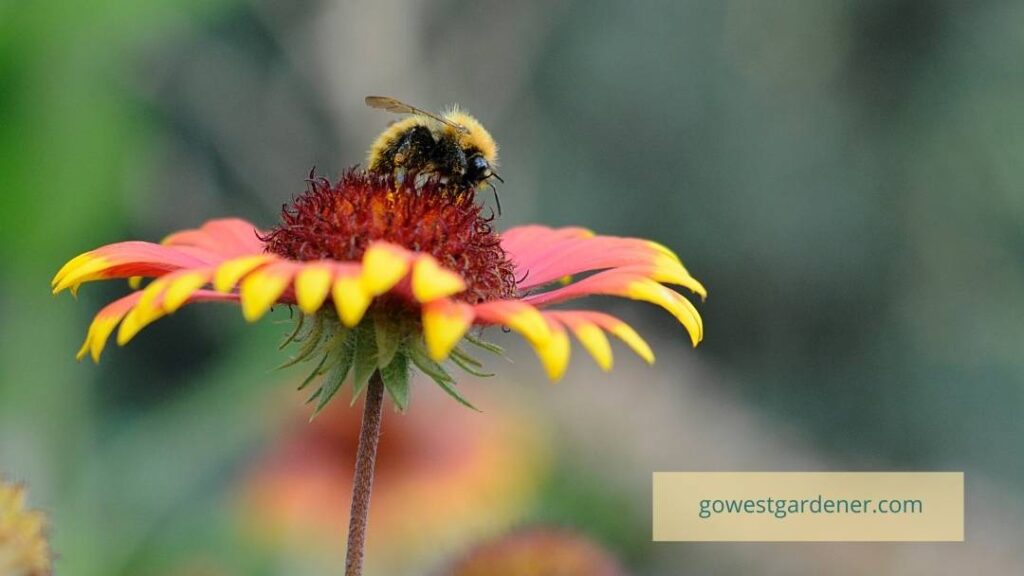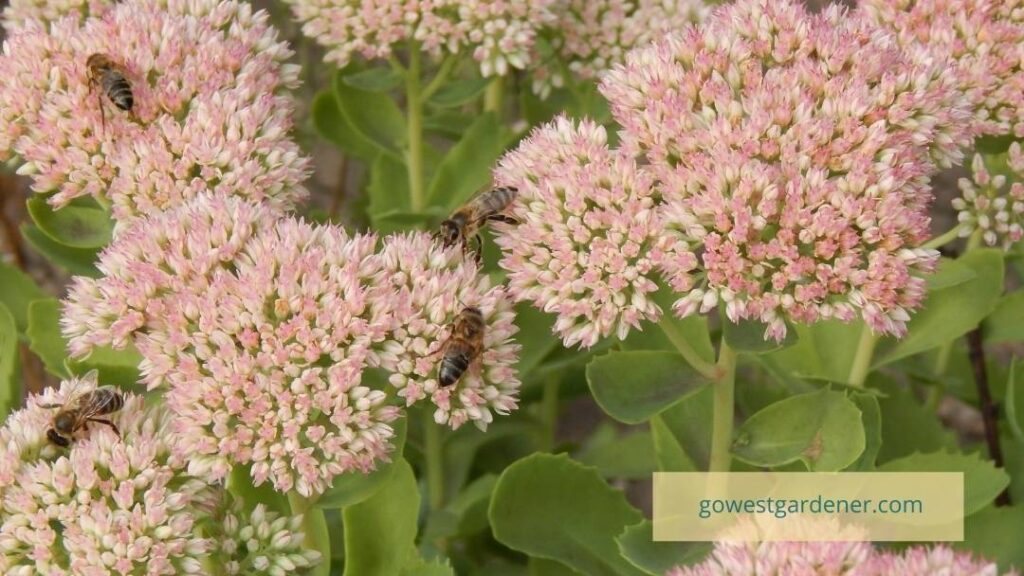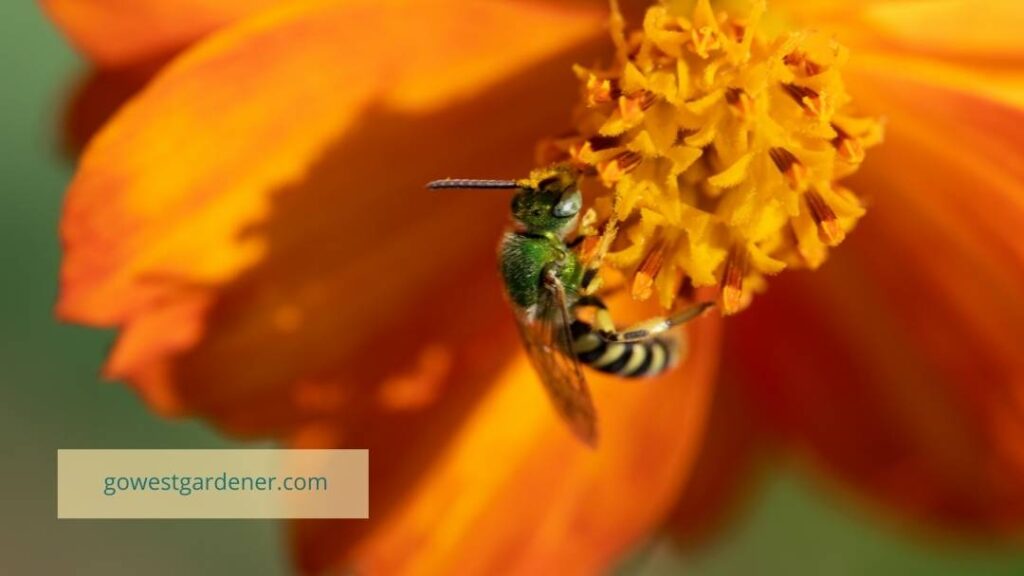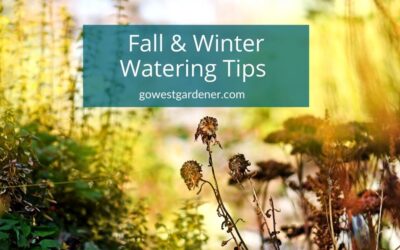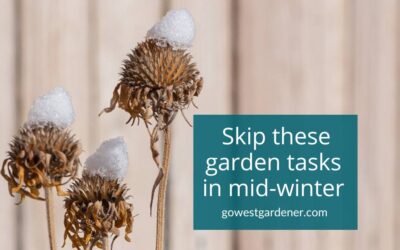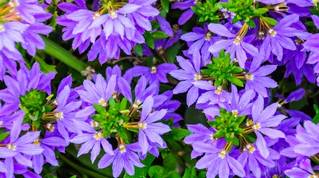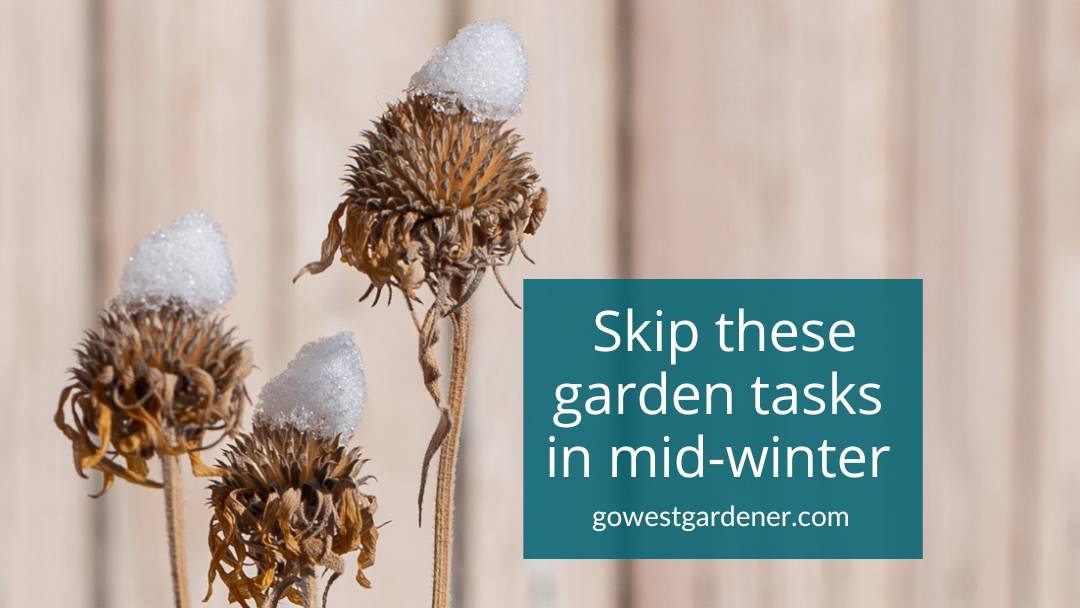Did you know that flowers and plants from the garden center often have a pesticide in them that can be toxic to bees?
“What, whaaaaaaaat?”
That pretty much sums up my reaction when I realized that my last impulse purchase was harmful to bees.
If you want to create a pollinator garden, here are helpful things to know about the commonly-used pesticides known as “neonicotinoids.” You’ll also find tips on where to buy plants that are safe for bees in Colorado and similar western states.
I first learned about neonicotinoids and “bee-safe” plants at the 2021 Colorado Pollinator Virtual Summit. This annual event is open to the public and is typically offered in the fall.
Many plants sold at garden centers have been treated with neonicotinoids (or “neonics,” for short).
Neonicotinoids are a “systemic insecticide”—a type of pesticide.
This means plants absorb the chemical into all of their plant tissues to kill insects. Even their nectar and petals!
Many growers use neonics early in a plant’s life cycle to help control pests.
It’s very common.
Unfortunately, these insecticides can stay in your plants for a long time. (Sometimes years!)
Neonicotinoids are toxic to beneficial insects, like bees.
The chemicals can be passed along to bees when they land on or feed from that plant.
Neonics can lead to a range of problems in bees—like weakness, disorientation and impairment… and even death.
Yikes.
For example, studies have found that bees that have been exposed to neonicotinoids have a:
- Reduced ability to find food and their nests
- Reduced ability to fight infections and
- Reduced ability to reproduce
Social bees—like honey bees and bumble bees—also have reduced social activity and a reduced ability to regulate their nest temperature.
So, how do you know whether a plant is neonicotinoid free or not?
Well, this is where things get tricky.
It isn’t easy to tell.
For now, a good place to start is to learning where to buy plants that are safe for bees.
If you live in the Front Range of Colorado…
There’s a local website that keeps a list of where to buy neonicotinoid-free plants (source: Sustainable Neighborhood Network).
The garden centers, plant nurseries and growers on this list have self reported that their plants are neonicotinoid free.
I learned about this resource through the Colorado Pollinators Virtual Summit. I’m sharing it in good faith, but please understand there is no guarantee of its accuracy.
As you’ll see noted on the nursery list, it’s always a good idea to double check with a store manager to make sure this information is accurate.
If you want to buy plants that are safe for bees online…
Check out High Country Gardens.
Originally from Santa Fe, New Mexico, this online retailer carries many western plants.
If you live someplace else and want to buy local…
Skip the big box stores.
Instead, “you may be more likely to find organic plants at small local nurseries, native plant nurseries or at a farmers market,” says the Xerces Society, a science-based conservation organization, in their Buying Bee-Safe Plants Guide.
You also can call or visit your local, independent garden center and speak with a manager.
For tips on what to ask and how to have a conversation, please refer to the Buying Bee-Safe Plants Guide above.
Just be aware that the store managers may not know whether their growers use pesticides, like neonicotinoids.
Another option on where to find plants that are safe for bees…
Consider growing your plants from seeds.
When you buy seeds, look for the USDA Certified Organic label on your seed package.
That way, you’ll know the seeds meet federal organic standards. In other words, the seeds shouldn’t have been treated with neonicotinoids.
More about the annual Colorado Pollinator Summit
Attending the Colorado Pollinator Virtual Summit was an eye-opening experience for me.
I learned A LOT.
The summit included speakers and partners from organizations like the Butterfly Pavilion, Denver Botanic Gardens, Colorado State University (CSU) Extension, Denver Audubon Society, Colorado Pollinators Network and more.
This annual event is open to the public. If you’d like to attend the next Colorado Pollinator Summit, make a note on your calendar for the early fall, so you can search for the upcoming event and get tickets.

